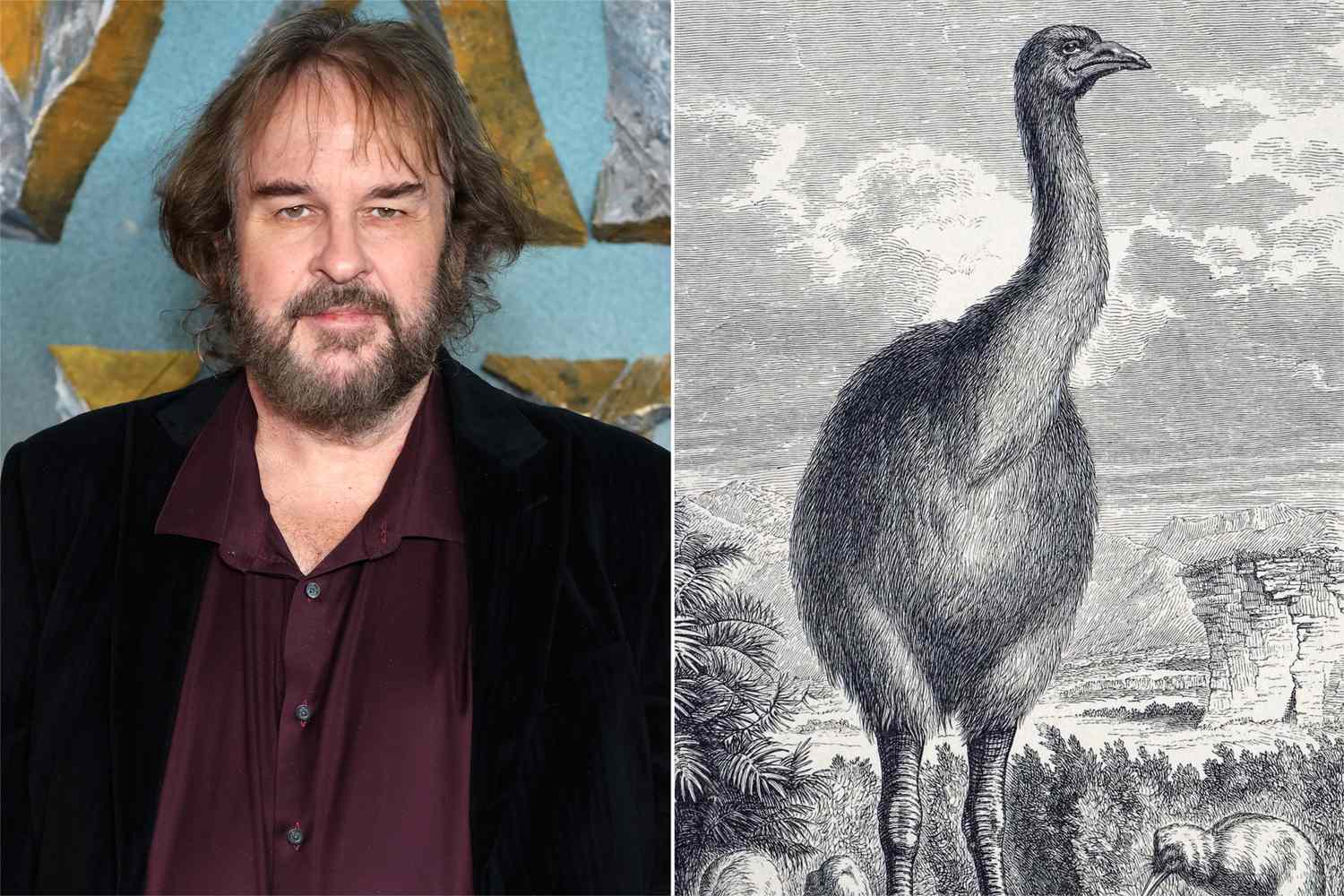‘Lord of the Rings’ director Peter Jackson wants to revive extinct bird
:max_bytes(150000):strip_icc():format(jpeg)/Peter-Jackson-Moa-070925-ac2dff7ae36145bdafb23defc4172ce9.jpg)
You don’t just bring back a whole species of birds that are completely off – at least, not without the help of Peter Jackson.
Colossal Biosciences announced Tuesday that it had partnered Rings Director with the aim of genetically engineering birds which are similar to the lost southern island giant, reports AP. Jackson, a Moa enthusiast with at least 300 OS in his collection, and his French partner contributed $ 15 million in funding for the revitalization of the species.
“The films are my day work, and the MOAs are my fun thing I do,” Jackson explained at the point of sale. “Each New Zealand school has a fascination for the MOA.”
Florilegius / Universal Images Group via Getty
One of the largest species of birds ever known to walk on earth, the MOA was a bird without solid flight similar to an ostrich that traversed New Zealand for 4,000 years. However, highlights led herbivores to disappear approximately 600 years ago.
Discover more of EW The Awardor, with exclusive interviews, analyzes and our podcast dive in all the strengths of the best films, television and music of the year.
Now, Jackson and Colossal Biosciences, in association with the Ngāi Tahu Research Center based in New Zealand, try to bring the bird back. Beth Shapiro, the chief scientist of Colossal, told AP that the first stage of the project was to find Moa bones which can still contain potential DNA.
Once extracted, Shapiro explained that the MOA DNA will be compared to that of modern birds like the emu in order to “properly determine what has rendered the single MOA compared to other birds”.
Colossal Biosciences used this practice in the past as part of its current campaign to bring the wolf desire. Biotech Company has genetically changed three gray wolf puppies – named Romulus, Remus and Khaleesi – who were born in the past year.
The process of bringing birds like the MOA, however, is a fully different ball game because they are formed inside an egg.
“There are a lot of different scientific obstacles which must be overcome with any species that we choose as a candidate for de-extinction,” said Shapiro. “We are in the very early stages.”
Now, only time will tell us if life, uh, finds a means.




